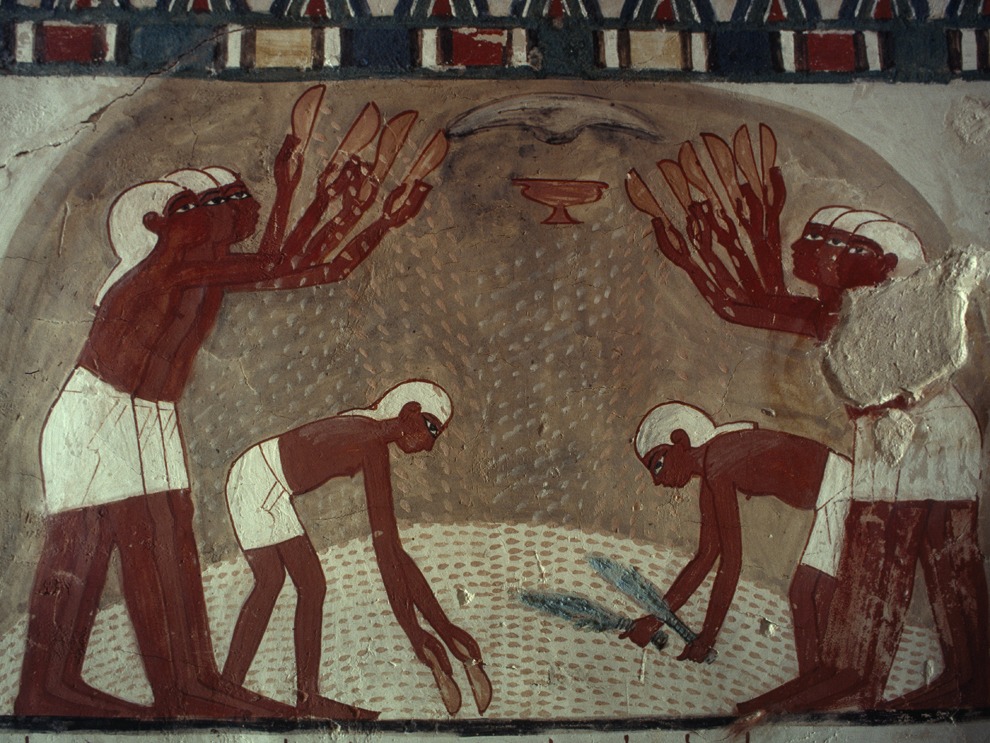 Image Source : National Geographic Education
Image Source : National Geographic Education
Societies with thousands of years of civilization, such as China, India, Persia, and Egypt, are facing challenges that threaten their ability to thrive in the modern world. A recent analysis highlights how these ancient cultures, once pioneers of human progress, are now grappling with the weight of their own legacies.
The report suggests that the greatest threat to these civilizations is not external invasion or economic collapse but their reluctance to evolve. While their rich histories and traditions are celebrated, an overemphasis on the past often hinders innovation and adaptability. For instance, China’s suppression of dissent under the guise of preserving imperial continuity and India’s prioritization of rote memorization over critical thinking are cited as examples of how clinging to tradition can stifle progress.
Environmental degradation, political instability, and social unrest further compound the challenges faced by these societies. The pyramids of Egypt stand as enduring symbols of the past, yet the institutions that once thrived alongside them have faded away. Similarly, Persia, once a cradle of scientific discovery, has seen its universities decline over time.
The analysis also points to the dangers of perpetual victimhood, where some civilizations remain trapped in cycles of blame for historical injustices. In contrast, nations like Japan and Germany have rebuilt themselves by focusing on the future rather than dwelling on past wounds.
The report concludes that no civilization is immune to decline, but the ability to reinvent and adapt is key to enduring success. Ancient societies must choose whether to shape history once more or let it pass them by, embracing the idea that every ending can be the beginning of something new.
Source: Pakistan Today, The Archaeologist, History Vista
Advertisement
Advertisement





